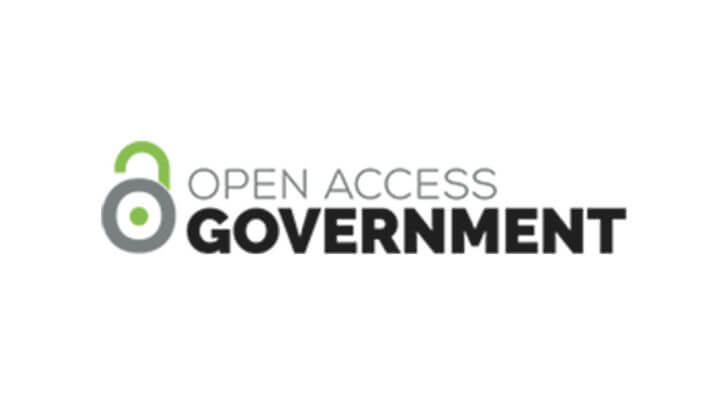BCL associate David Hardstaff’s article ‘The UK’s legalisation of medicinal cannabis’ has been published by Open Access Government.
Here’s an extract from the article:
“The results are in – The UK’s Advisory Council on the Misuse of Drugs (ACMD) published its assessment on the impact of the rescheduling of cannabis-based products for medicinal use (CBPMs) in humans in November 2020. As patient groups and organisations digest the Council’s findings, I consider the key points to take away from the report.
The long road to legalisation through rescheduling
In the UK, cannabis, until relatively recently, has been treated primarily as a recreational drug, with evidence of risk to health through misuse. In response to increasing public pressure and a growing body of evidence of the efficacy of cannabis-based medicines, in 2018, CBPMs were rescheduled into Schedule 2 of the Misuse of Drugs Regulations 2001, making them available for prescription in certain limited circumstances. As with all medicines, CBPMs may be licensed, through receiving marketing authorisation from the Medicines & Healthcare products Regulatory Agency, or unlicensed and supplied in accordance with a prescription by a specialist medical practitioner.
Access to CBPMs remains tightly controlled, so much so that critics have argued the majority of UK patients are unable to benefit from medicines widely available in other countries. This has led to a fierce debate concerning not just the safety and efficacy of CBPMs, but also the political, economic, and social factors underpinning the role of cannabis in 21st century Britain.
While there has been much debate and reporting in relation to patient access, the ACMD report focuses on the available data in attempting to assess the impact of the rescheduling of CBPMs.
The Council’s conclusions
The report concludes that:
• The impact of the rescheduling of CBPMs has been gradual, and that there hasn’t been sufficient time to reach a conclusive understanding of the changes. This has been exacerbated by the COVID-19 pandemic, which has impacted data collection.
• Only three licensed CBPMs are now available in the UK and approved by the National Institute for Health and Care Excellence. Around 800 patients a year received a licensed CBPM from 2017–2019, with evidence of an increase in prescriptions in the four to six months following November 2019.
• More starkly, it is believed that no more than four patients have been prescribed unlicensed CBPMs through the NHS. The number of patients privately prescribed unlicensed CBPMs is thought to be much higher, but the data is unclear.
• The price of unlicensed CBPMs continues to be high when compared to licensed medicines. Although the market is still in its infancy, the report notes that there is little interest from manufacturers of unlicensed CBPMs to apply for marketing authorisation.
• Instances of adverse drug reaction reporting associated with CBPMs have increased since the rescheduling of CBPMs; however, this increase was from extremely limited levels of reporting in 2017. The report concludes that it is simply too soon to draw conclusions about the safety of these products from the limited data available.
• As for the illicit use of cannabis, it is too soon to say whether the rescheduling of CBPMs has had any impact. There is little evidence of the diversion of CBPMs into the illicit market. However, several police forces reported observing illicit cannabis being mislabelled as a medicinal product.”
This article was originally published by Open Access Government 24/02/21. You can read the full version on their website.

